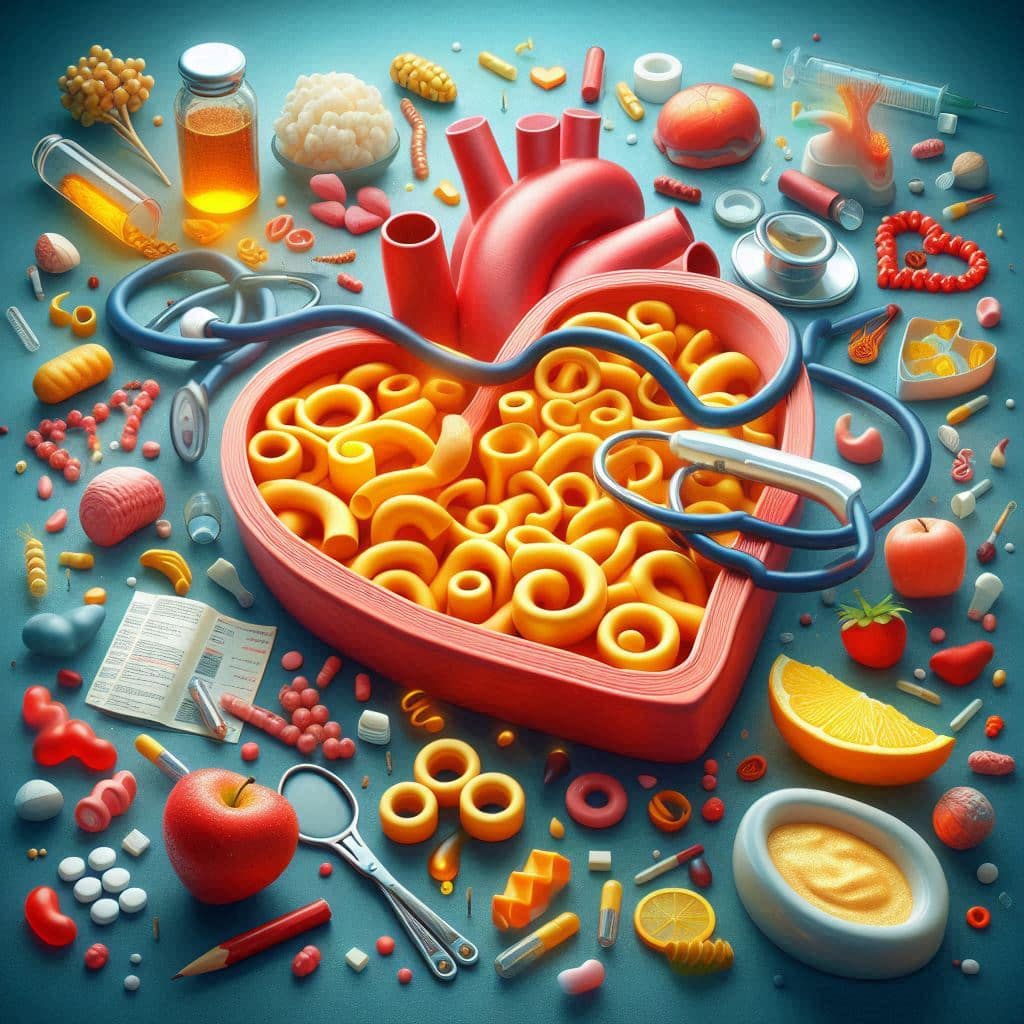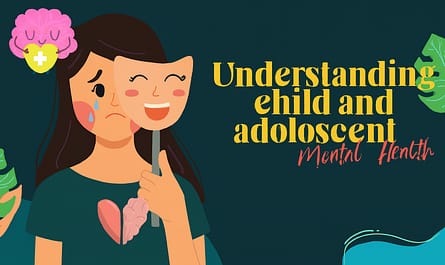
Cholesterol and Clogged Arteries: Clearing Up the Confusion
In a world flooded with conflicting health advice, cholesterol and clogged arteries remain hotly debated. Is cholesterol the real culprit behind heart disease? This guide cuts through the noise with science-backed facts.
What Is Cholesterol?
Cholesterol is a waxy, fat-like substance essential to every cell in your body. Your liver produces most of it, but you also get some from animal-based foods.
It supports key functions like:
- Hormone production (estrogen, testosterone, cortisol)
- Vitamin D synthesis
- Bile acids for fat digestion
- Cell membrane health
Types of Cholesterol: Good vs. Bad
Not all cholesterol is equal. Here’s the breakdown:
- LDL (Low-Density Lipoprotein): The “bad” kind. High levels promote plaque buildup in arteries.
- HDL (High-Density Lipoprotein): The “good” kind. It sweeps excess cholesterol from your blood back to the liver.
- Triglycerides: Blood fats that spike with poor diet. High levels harden arteries (atherosclerosis).
Aim for low LDL, high HDL, and normal triglycerides for optimal heart health.
What Causes Clogged Arteries (Atherosclerosis)?
Clogged arteries happen when plaques—fatty deposits—narrow your blood vessels. This restricts flow and raises risks for heart attacks, strokes, and peripheral artery disease.
Key culprits include:
- High LDL cholesterol
- High blood pressure
- Smoking
- Diabetes or insulin resistance
- Chronic inflammation
- Sedentary habits
- Diets loaded with trans fats, refined carbs, and sugar
Is Cholesterol the Villain in Heart Disease?
For years, dietary cholesterol took the blame for heart issues. Newer research tells a different story:
- It has minimal impact on blood cholesterol for most people.
- Inflammation and oxidative stress drive plaque more than cholesterol alone.
- Genetics (like familial hypercholesterolemia) can elevate LDL regardless of diet.
Cholesterol matters, but it’s just one piece of the puzzle.
Assessing Your Real Heart Disease Risk
Don’t fixate on cholesterol numbers alone. Doctors use a full risk profile:
- Total cholesterol, LDL, HDL, triglycerides
- Blood pressure and HbA1c (blood sugar)
- Inflammatory markers like CRP
- Coronary artery calcium score (CT scan)
- Lifestyle and family history
This holistic view personalizes your prevention plan.
8 Lifestyle Changes to Fight Clogged Arteries
You can lower risks dramatically without meds. Start here:
- Heart-Healthy Diet: Load up on veggies, fruits, whole grains, legumes, nuts, seeds. Pick olive oil, avocados, fatty fish. Cut trans fats, processed meats, sugars.
- Exercise Regularly: Get 150 minutes of moderate activity weekly, like brisk walking.
- Quit Smoking: It damages arteries instantly—seek support to stop.
- Limit Alcohol: Stick to moderate amounts.
- Manage Stress: Try mindfulness, quality sleep, and self-care.
- Track Metrics: Get regular check-ups for cholesterol and blood pressure.
- Maintain Weight: Shed excess pounds to ease heart strain.
Medications for High Cholesterol
Lifestyle first, but if needed, meds help:
- Statins: Slash LDL and inflammation.
- PCSK9 Inhibitors: Potent injections for stubborn cases.
- Others: Bile acid sequestrants, niacin, fibrates—tailored to your lipids.
They cut cardiovascular events when used right.
Key Takeaway: Balance for Heart Health
Cholesterol isn’t evil—it’s vital but tricky when out of whack. Clogged arteries stem from multiple factors. Prioritize whole-body wellness, smart choices, and doctor guidance to protect your heart.



